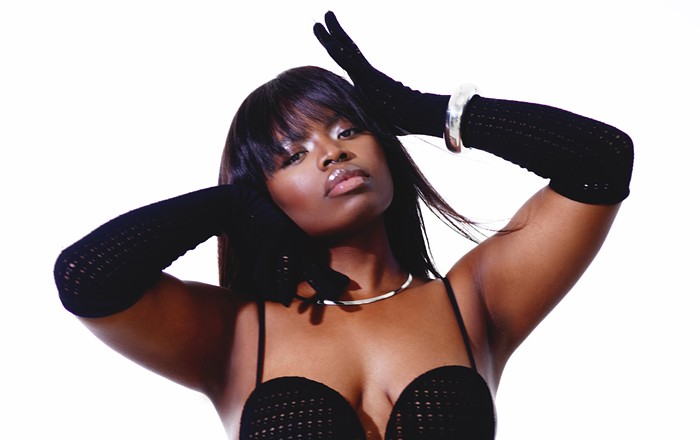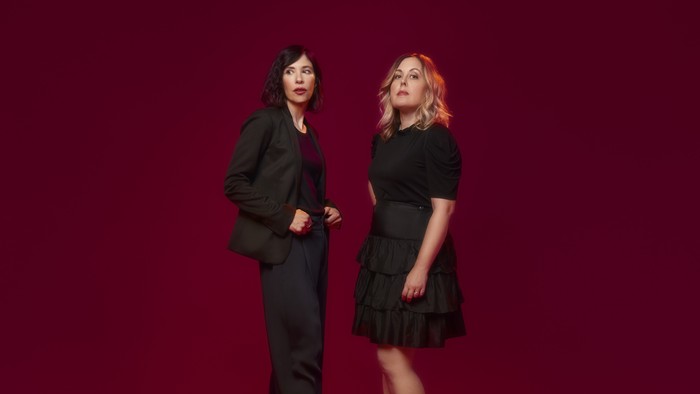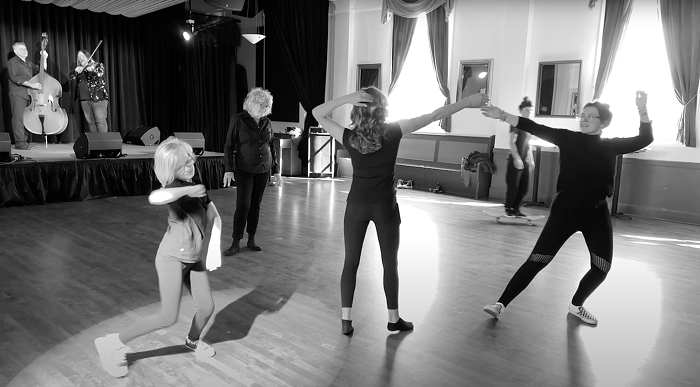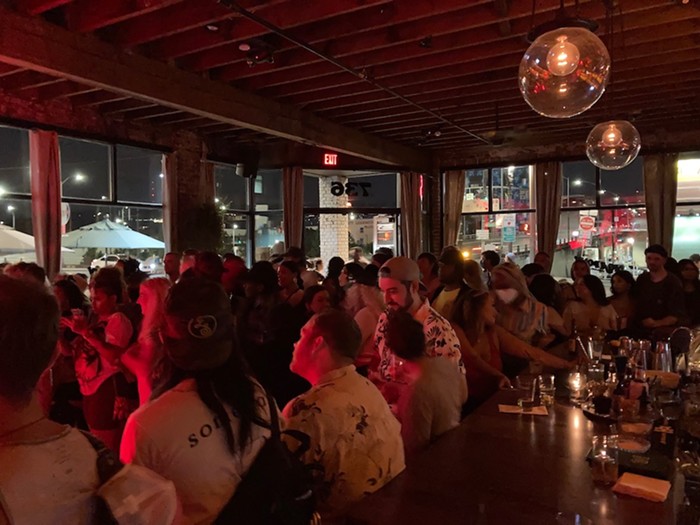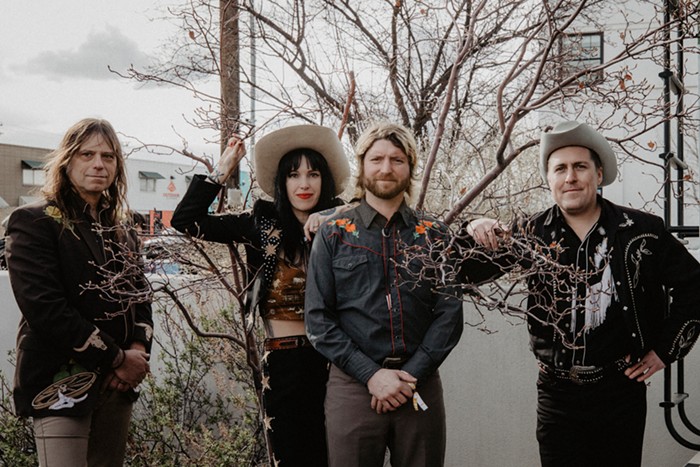UPDATE: Due to bad weather, Youth Lagoon had to cancel their show at the Doug Fir on Saturday, January 21.
IT'S EASY TO THINK of The Year of Hibernation, the first album from Boise's Youth Lagoon, as a bedroom record. It's true that Trevor Powers wrote it during a focused period of reflection—yes, perhaps even a titular hibernation of sorts—and it's true he played all the parts himself. And its melancholy melodies articulate profoundly interior emotions, rendered in inexact lines and edges, its synths, drum machines, and guitars stitched together in a homespun fashion. But Powers has made a record bigger than the bedroom. Witness how his singing swells from its decoy of a damaged warble to a stronger and altogether more confident voice, or how his unfussy arrangements provoke each song from a forlorn beginning to a triumphant coda.
Powers didn't even record The Year of Hibernation in his bedroom—it was done at a friend's studio in January of 2011, although it was written over the preceding months. "It was a project where I knew from the beginning that, throughout 2010, I was going to be recording it," he says. "I just made it my goal, so I kept writing and writing. It's not like I came up with the title first or anything, it's more just like writing songs and then grouping them."
Songwriting is a deliberate process for Powers, who uses a phone to get down initial ideas and explores them via cassette deck and a good old-fashioned notebook. "There'll be a certain idea that I just wrestle with for a while before it ends up leading anywhere," says Powers. "I tend to be a slow mover. I think about a lot of stuff before I do it."
Fat Possum released Hibernation with the addition of two more recent tracks, and now Powers has enlisted his friend Logan Hyde to play guitar on live dates. But for Powers, it all comes down to that indefinable spark of creation. "I've always said I sing better than I speak... but through music, there are so many voices speaking at once. Even instrumental tracks where it's all these voices, synthesizers, even horns—every single one of those has a voice speaking a certain emotion. I think that's why music can have a healing effect, because you're speaking with a whole group of all these other voices willing to express something."

